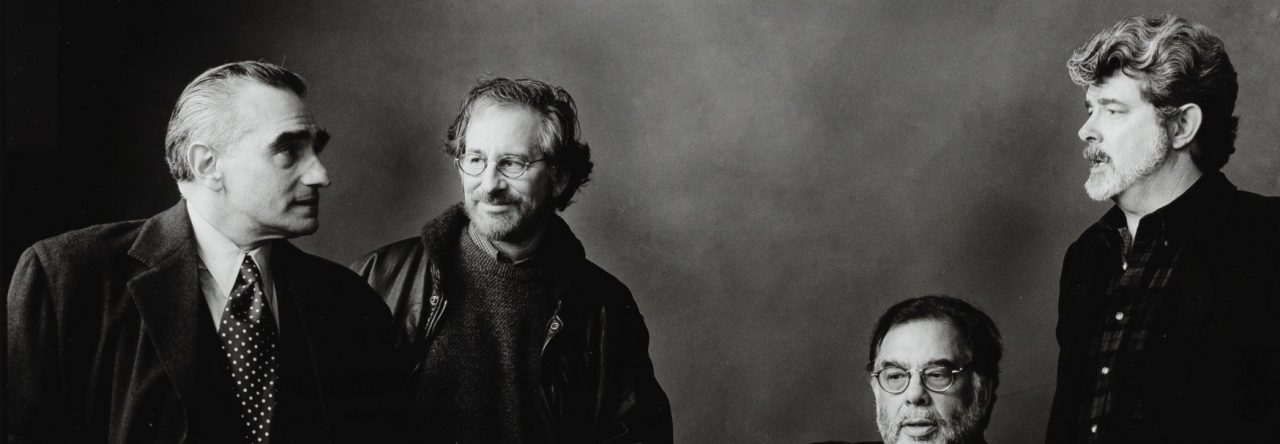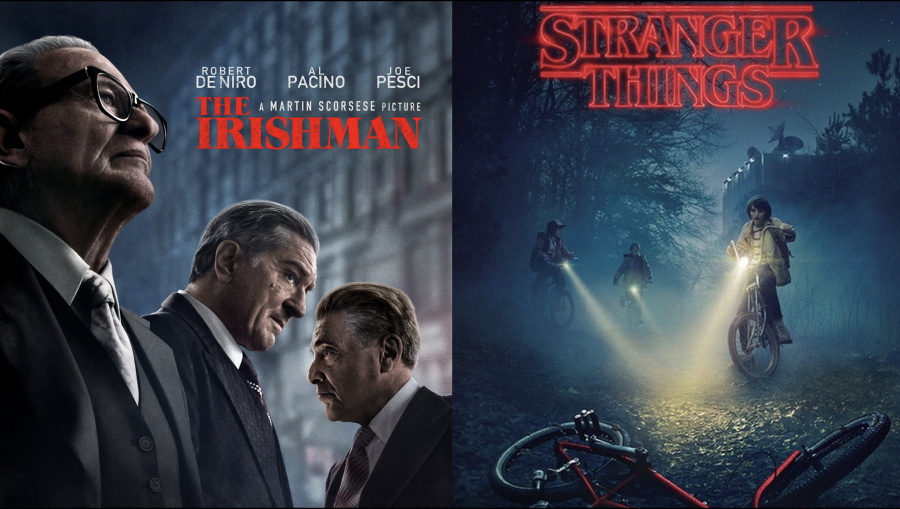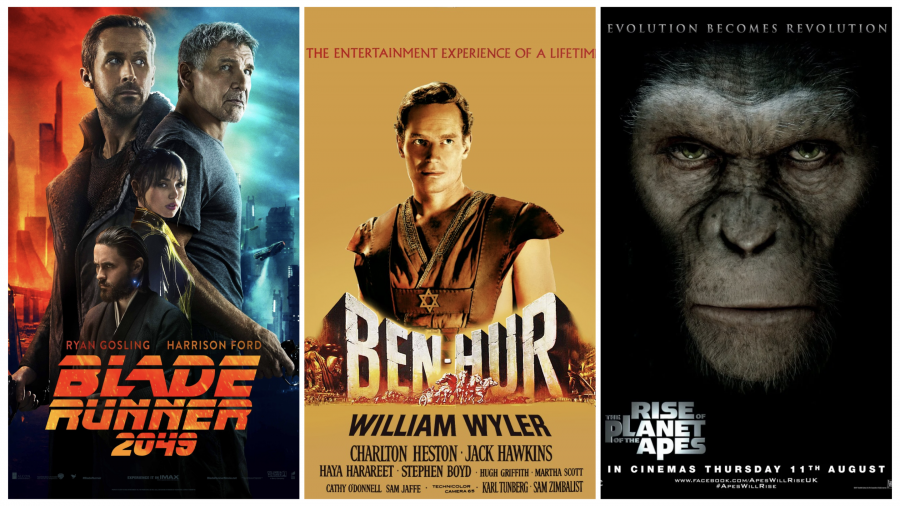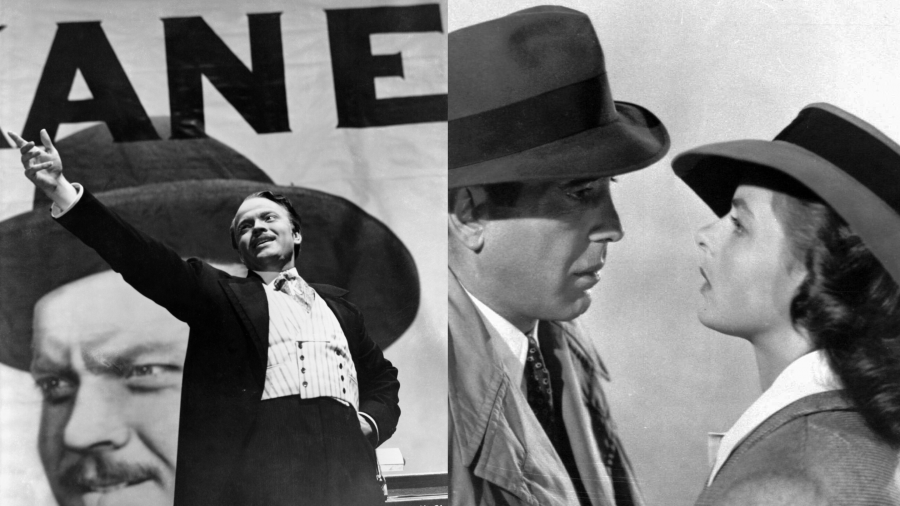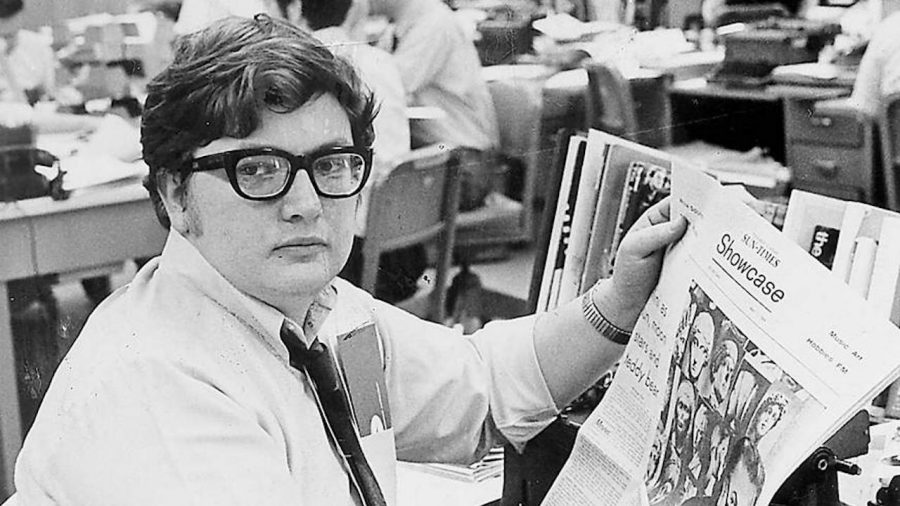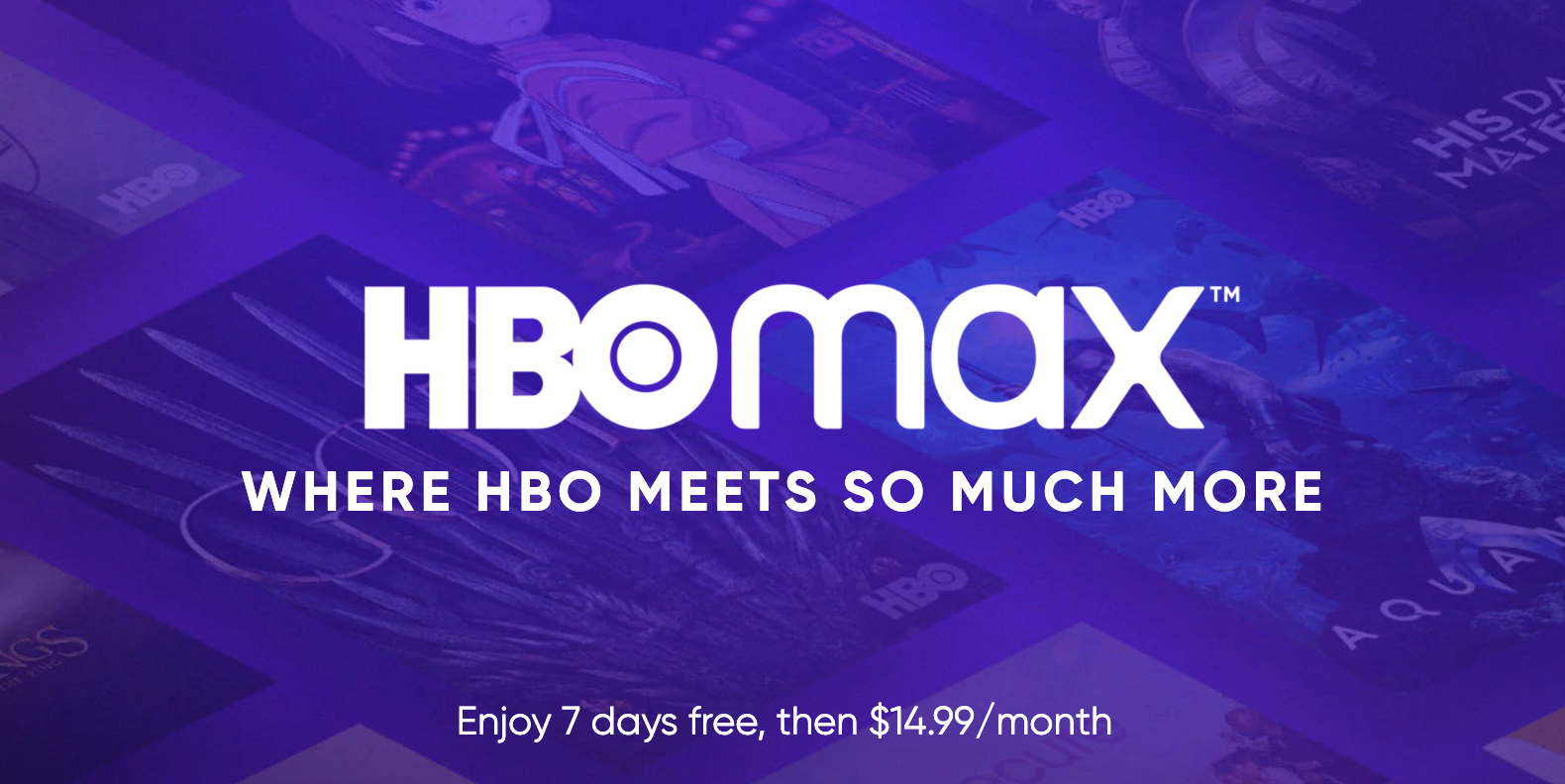It is an understatement to say that there are a lot of streaming services. HBO Max was released last May, and NBC just dropped Peacock this past week. I agree that there are too many streaming services. While each streaming service aims for a particular demographic, I do find many of these services quite unnecessary. However, I believe that streaming services can be quite beneficial for both promoting creativity and exposing new films to people.
To begin, let’s talk about exactly how streaming services promote creativity. Since there is a wide market of streaming services, they have to stand out in order to survive. Why would I sign up for Amazon Prime if I have Netflix? And vice-versa. One of the reasons why Netflix has been greenlighting so many scripts is to stand out. Maybe you want to sign up for Netflix because of Stranger Things or maybe it is because you want to watch The Irishman. In the second quarter of 2018, Netflix lost 123,000 subscribers, which was the first time since 2011 that they reported a loss. However, when Stranger Things Season 3 was released, it added 520,000 new accounts for the next quarter. It is clear that when streaming services like Netflix and others promote and create new original content, it is quite beneficial for both the platform and the consumers. It should also be stated that Netflix greenlights new projects, not just to attract customers, but to fill their declining catalog. Many shows that were popular on Netflix, like Friends, have been disappearing and moving to other streaming services like HBO Max. Netflix is forced to create new original content in order to survive in this market.
